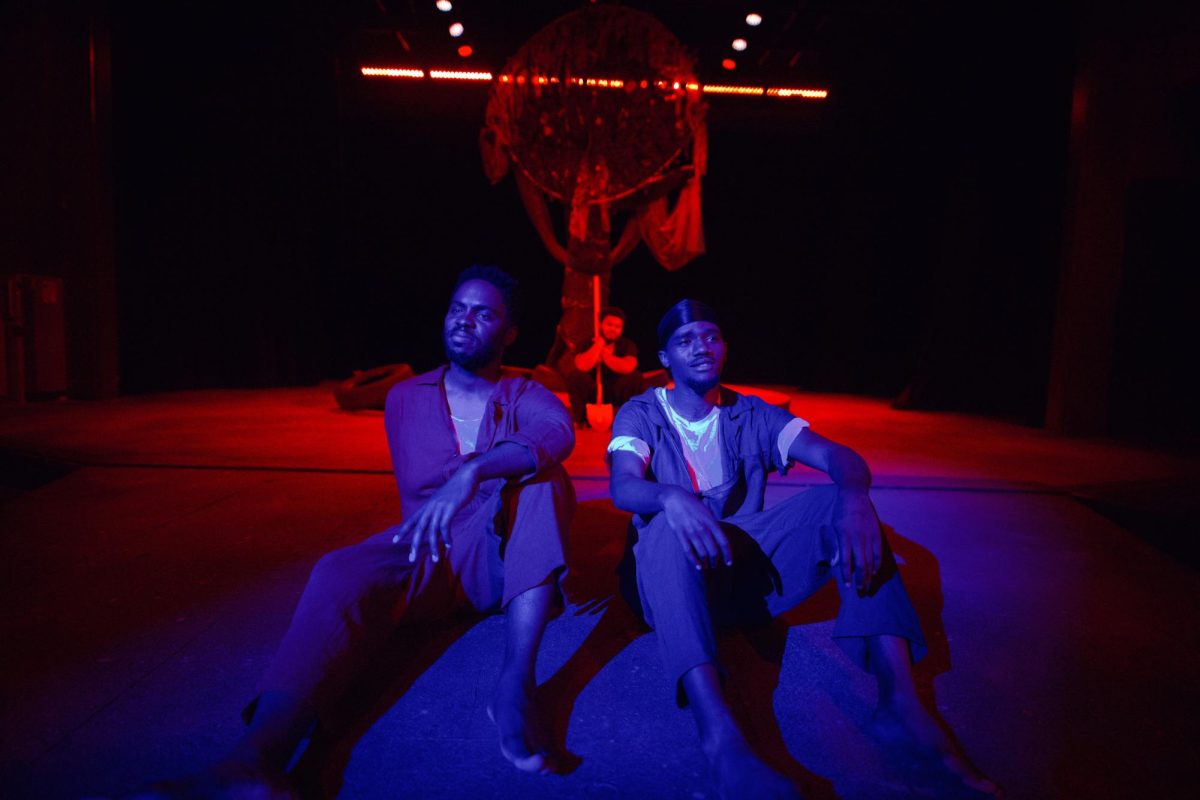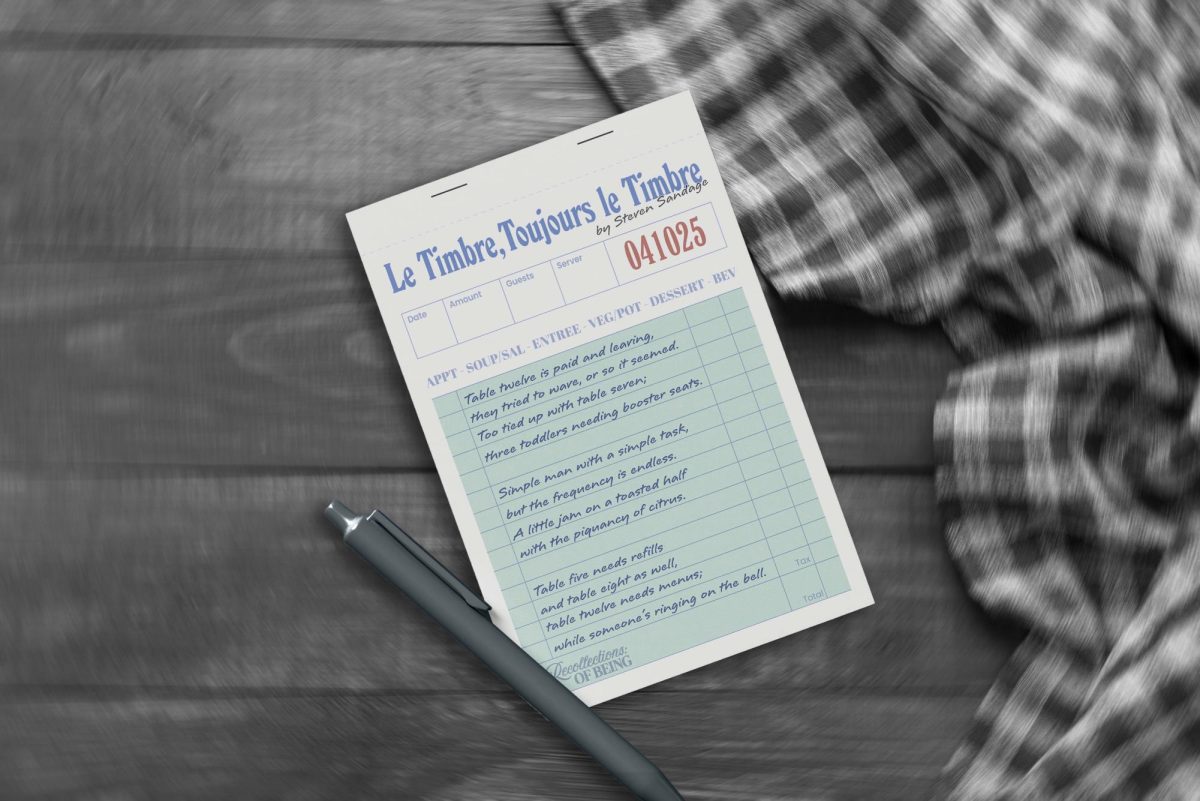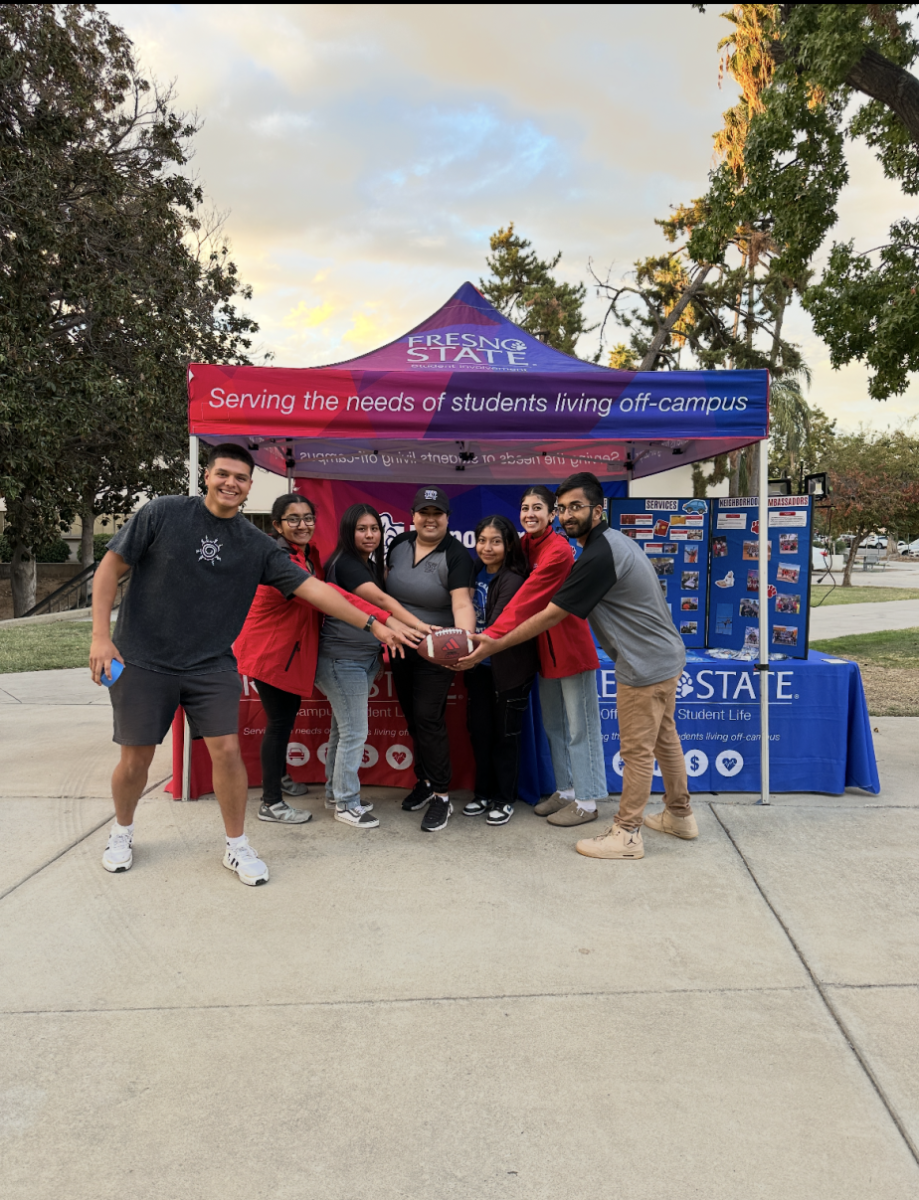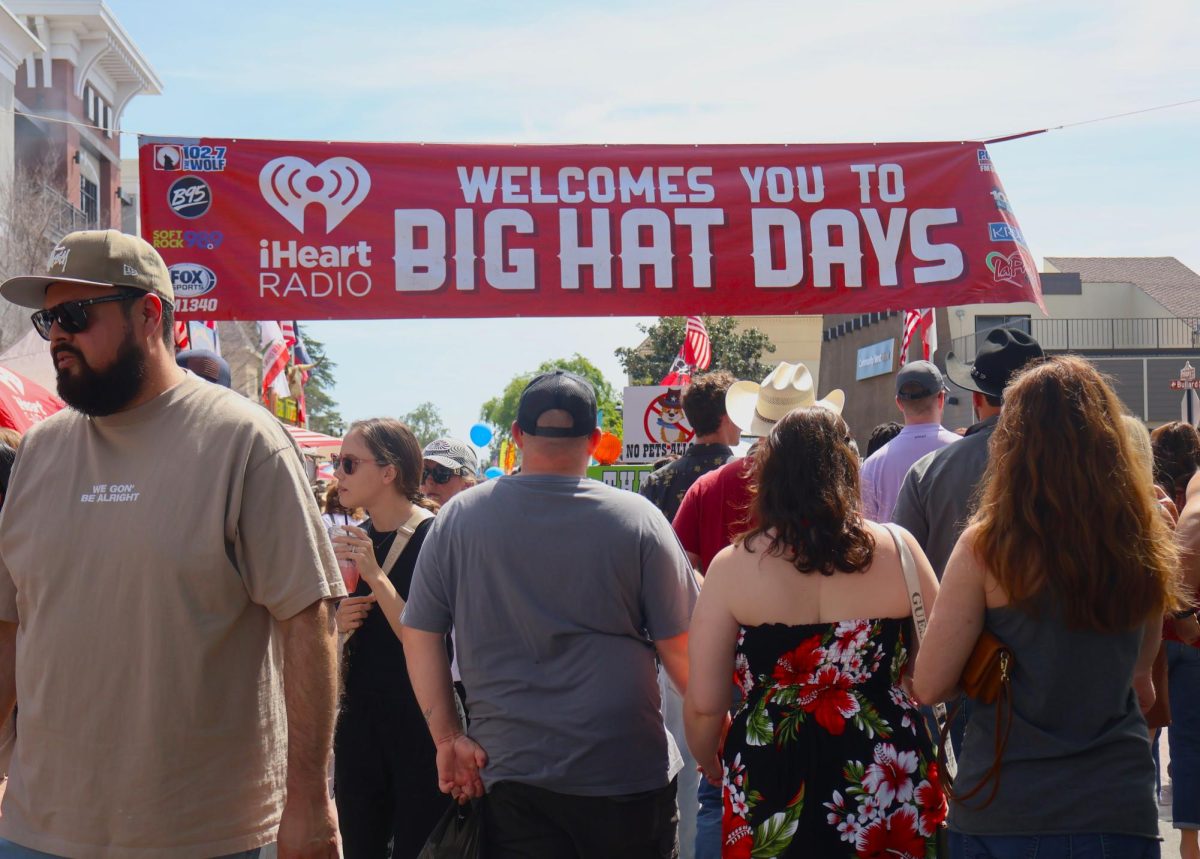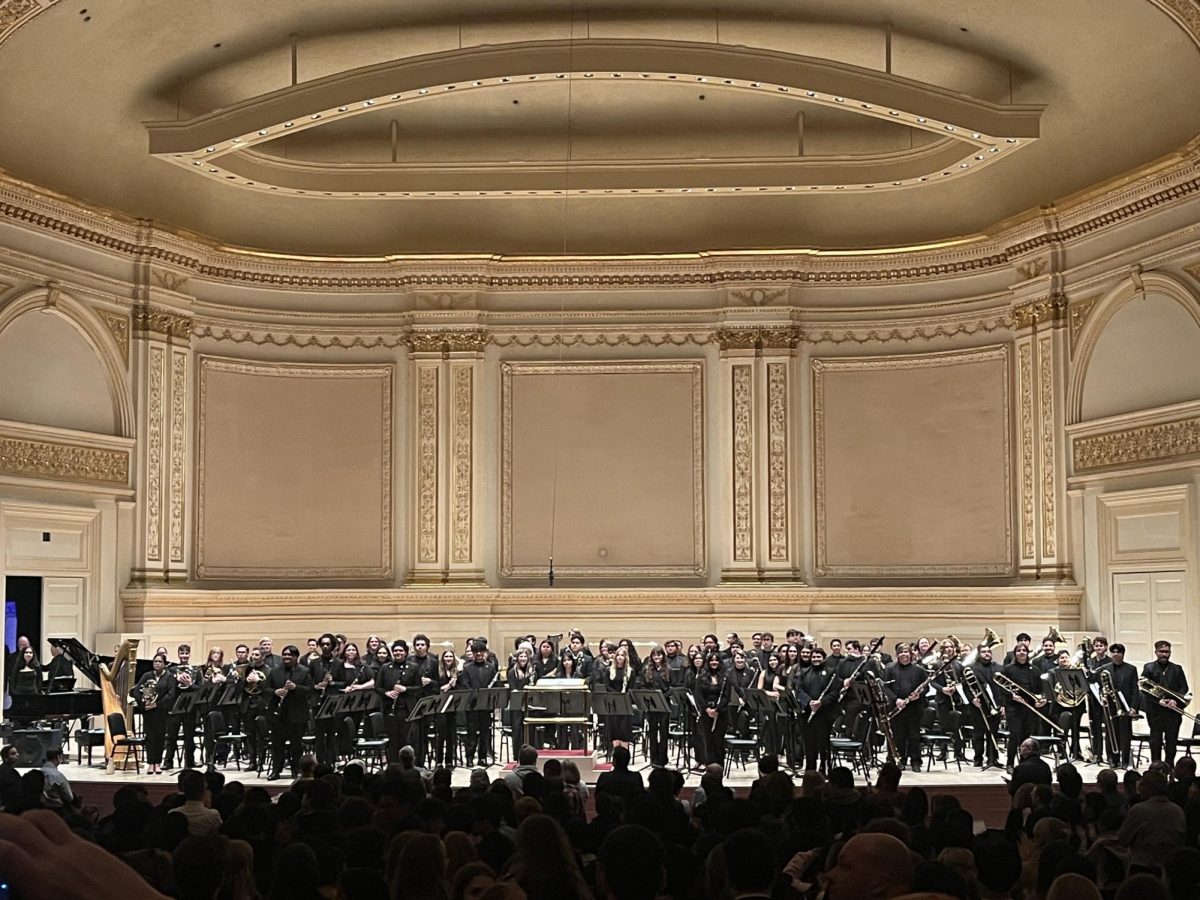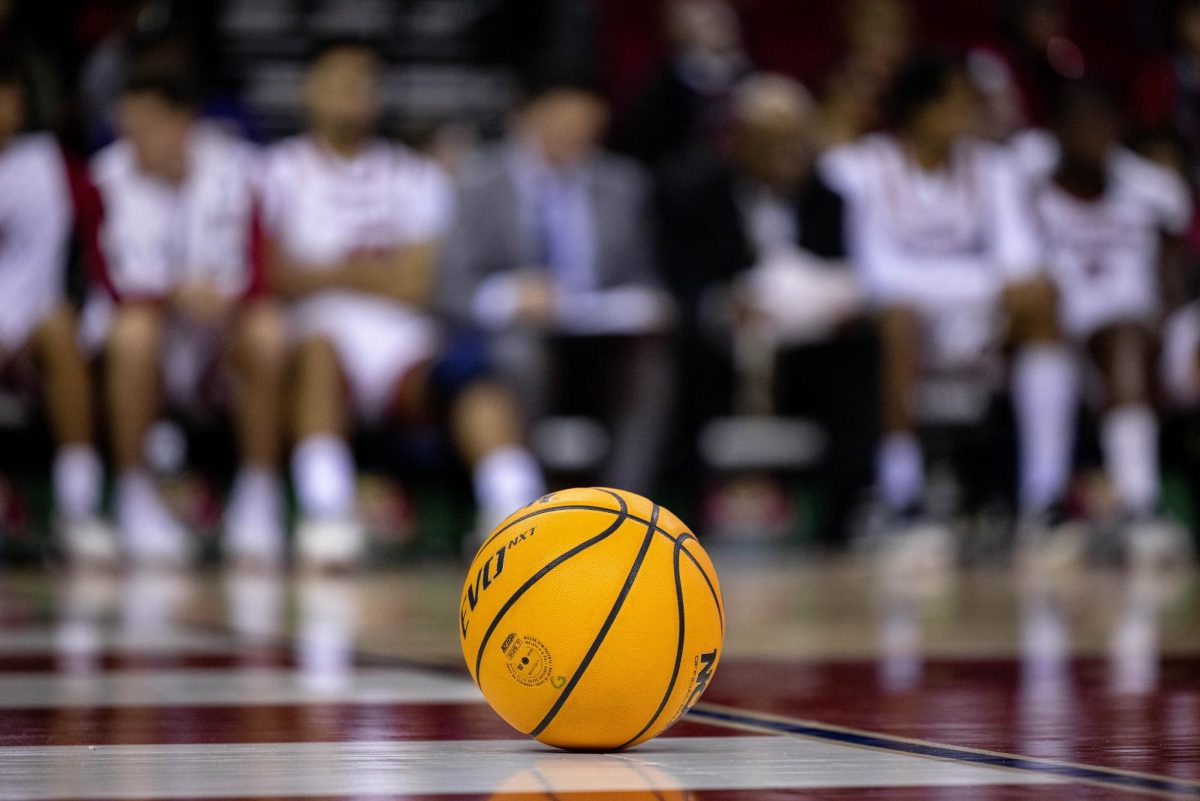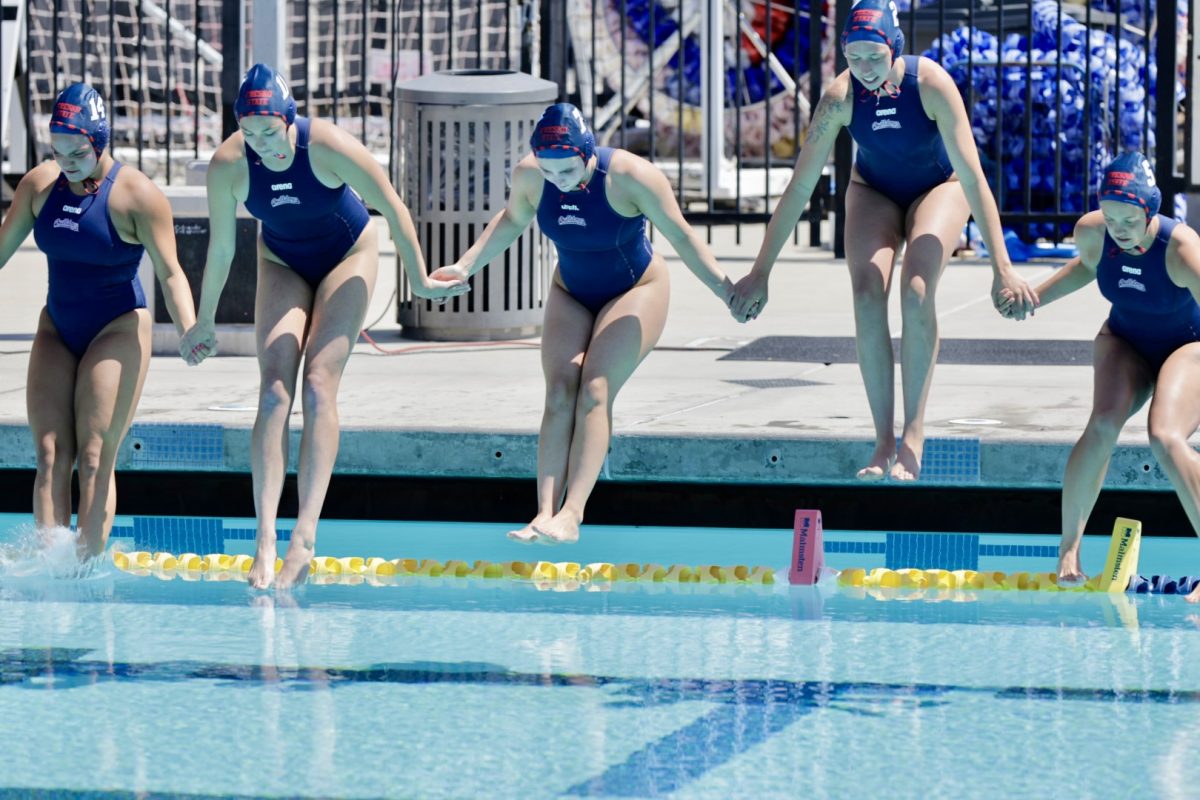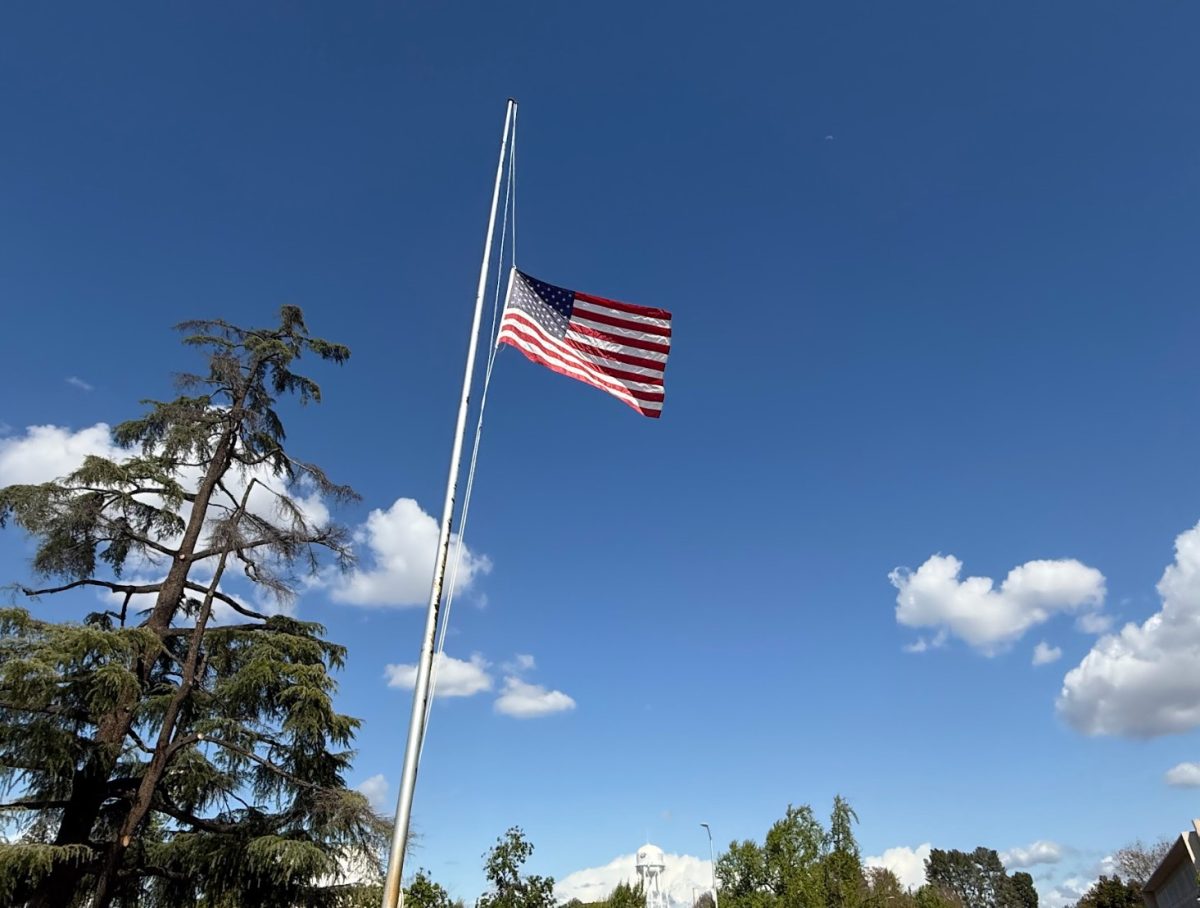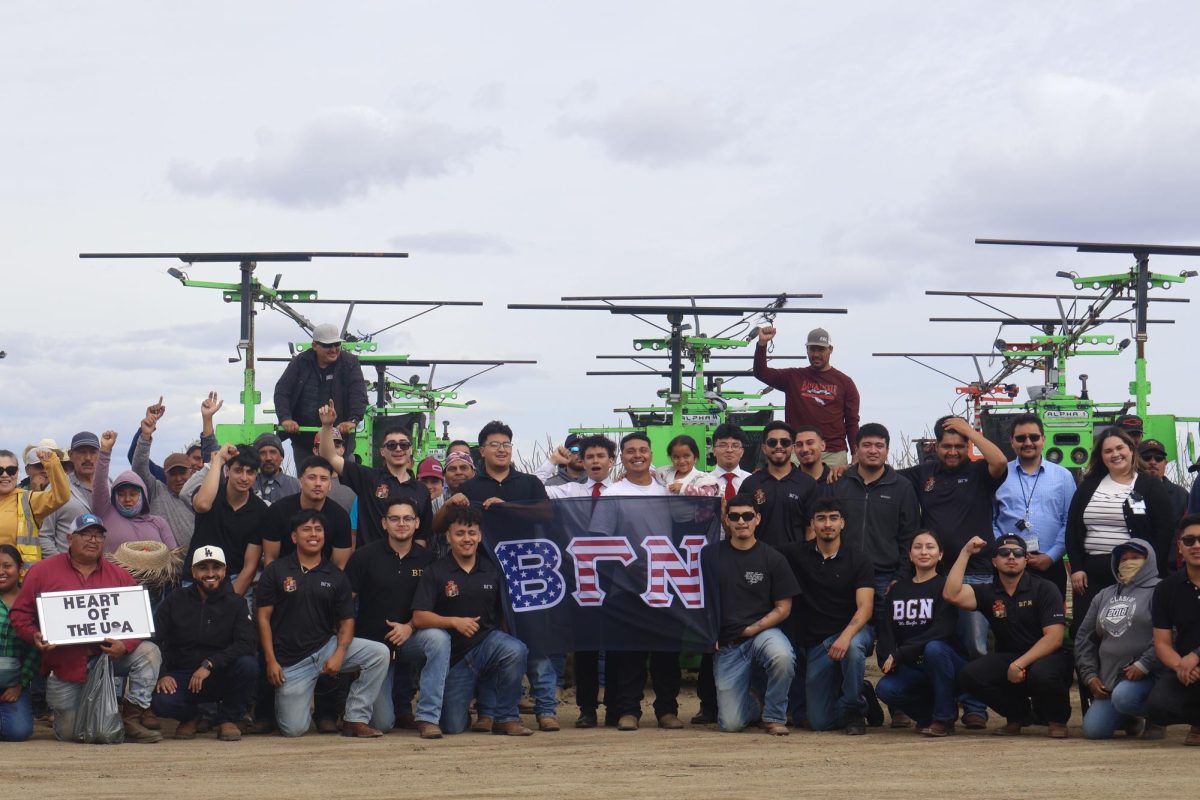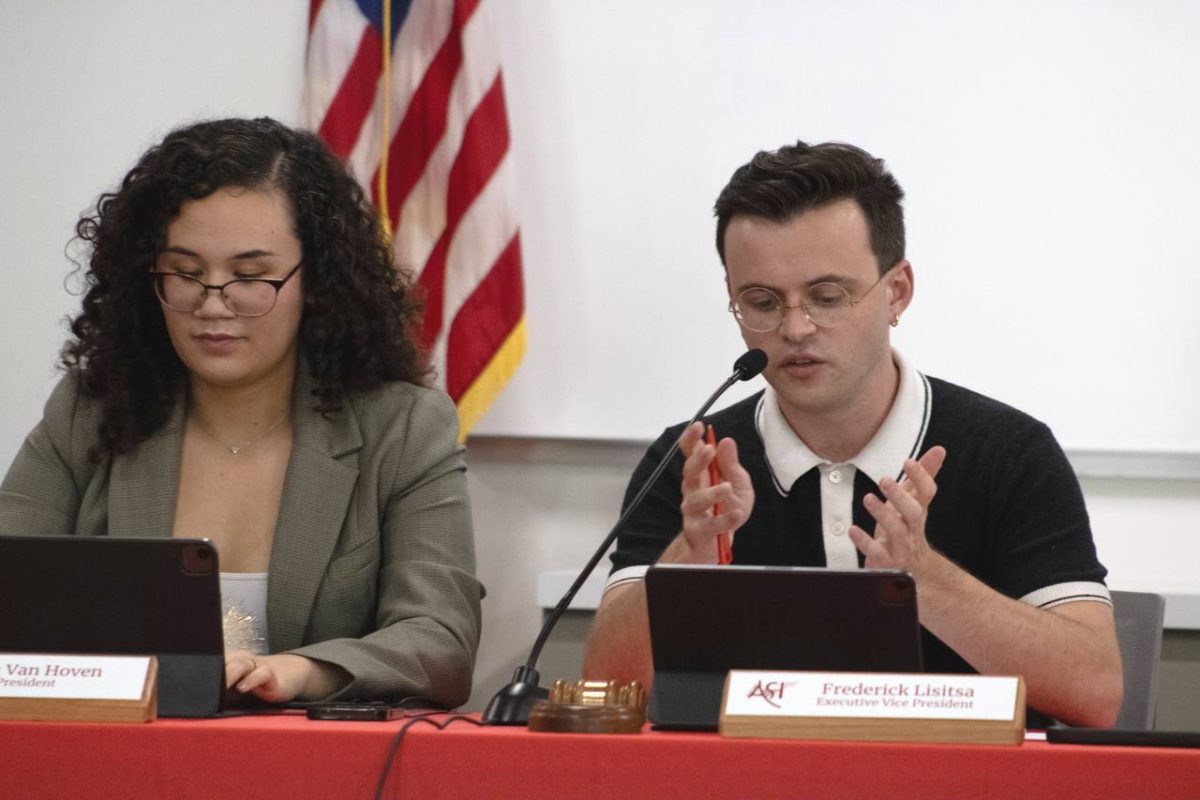In the low light of the Selma Arts Center, a strong rhythm began the prologue: “This Road is Rough.” This scene set the stage for a performance meant to evoke every type of emotion within the audience. “The Brothers Size,” written by Tarell Alvin McCraney and directed by Joshua Slack, a Fresno State alum, has received various awards and nominations after originally premiering in 2007.
“The Brothers Size” delves into the intricacies of familial duty and brotherhood. The play, as well as a profile on Tarell Alvin McCraney, was featured in the New York Times. The last showing of the play, under the direction of Slack, was on Feb. 17.
“This play encompasses all of the storytelling elements of our people, which sings a song of Black masculinity, its tenderness, its beauty, its darkness, and what exactly it means to be a brother,” Slack said in the director’s note for the play.
Set in the distant present in the Louisiana Bayou, the play explores the relationship between two African American brothers, Ogun Size and Oshoosi Size.
Ogun, played by Wade Pierson, is the eldest brother who works as a mechanic and Oshoosi, played by Ebon Christian Jr., is the younger brother who was just released from prison. The two are at odds throughout the play because of Ogun’s nature to protect Oshoosi.
Oshoosi yearns for freedom and independence after his release from the prison system but Ogun’s expectations of Oshoosi stem from his upbringing and the role he stepped into to fulfill his familial duty as the eldest son.
Oshoosi longs to discover who he is without the expectations set upon him by Ogun. The antagonist, Elegba, played by Vernon Lee Jones III, acts as Oshoosi’s ex-prison-mate. His motive is to establish a brotherhood similar to that of Oshoosi and Ogun’s. Eventually, he creates chaos for Oshoosi that could either tear the brothers apart or bring them closer than ever before.
“I think when you understand the context in which this was written and the deep bond that they have that goes deeper than blood, it seems like. When you really understand what is at stake here, it has a whole new weight to it,” Jones said.
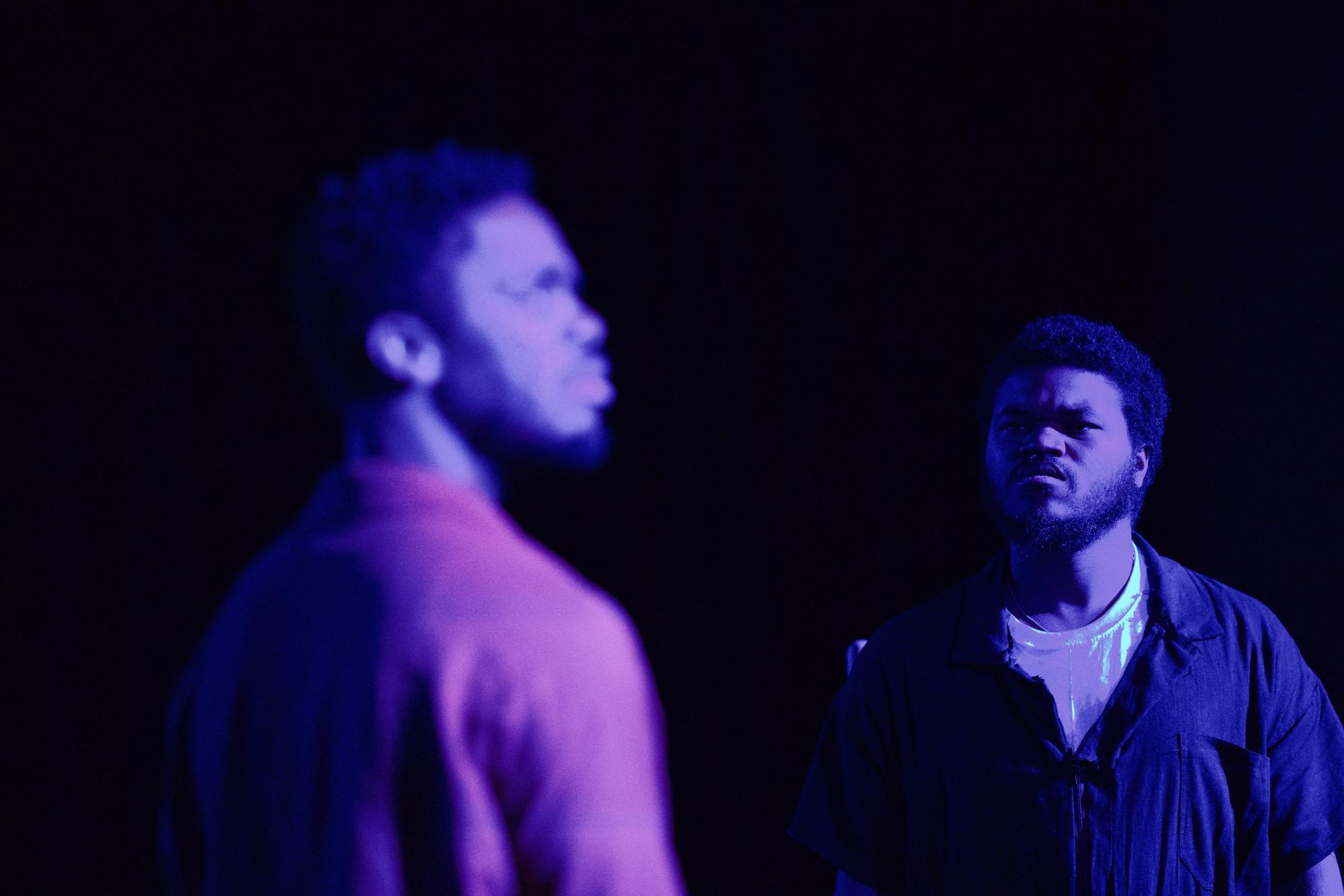
Each actor brought a distinct perspective not only to the situation at hand but also to the character that they were playing. Ogun is the eldest and the protector and his purpose is to protect and guide Oshoosi. He takes on Oshoosi’s faults as his own, as he sees them as a reflection of how well he can protect him as his brother. Pierson brought raw emotion and weight of what being the eldest feels like to his scenes and for his character.
“I don’t think I’ve ever had this much fun discovering a character, like really building a character,” Pierson said. “The details of the script opened a new path of character discovery I had not known before.”
Oshoosi, on the other hand, understands his faults and claims them as his own. He cannot quite understand Ogun’s perspective and how he feels by his faults. Oshoosi wants the freedom to explore life without living up to the ideals of what Ogun tries to make him be.
Christian Jr. communicated and executed these longings of his character whilst simultaneously unwrapping the depth of his character to the audience throughout his performance.
Elegba is the driving force for the conflict between the brothers and the individual chaos in Oshoosi’s life. The Sizes’ brotherly bond runs deeper than familial origin and that is what Elegba desires. Jones III builds on that throughout the play and executes his character’s objective to get what he wants.
The three executed their characters’ personalities and carried out each individual character in an immersive way.
Throughout the play, the audience could feel the tension arising between the brothers caused by the antagonist. The air became tense as the actors transported viewers into the play by breaking the fourth wall, which really worked in the characters’ favor in this performance. It allowed the audience to feel what was happening. It was a work of art brought together by song, dance and poetry.
This is the first production Slack has directed. Slack described the experience as therapeutic, as the show allowed for learning and growth in the field of directing.
He picked the script because of his inspiration from the playwright, who also wrote the movie “Moonlight.”
“I had never read a book or read a script or seen anything really that encompassed the relationship of brothers, or brotherly love, especially Black brothers, especially Black men, and showed them in a three-dimensional way that we don’t necessarily get 100% of the time,” Slack said. “As well as the relation to the prison industrial complex.”
The main characters did a wonderful job of depicting their characters in a light that allowed the audience to understand more deeply what their objectives really are.
“It is our responsibility as artists to be that reflection of the underprivileged, of those that are marginalized and disenfranchised,” Slack said.




